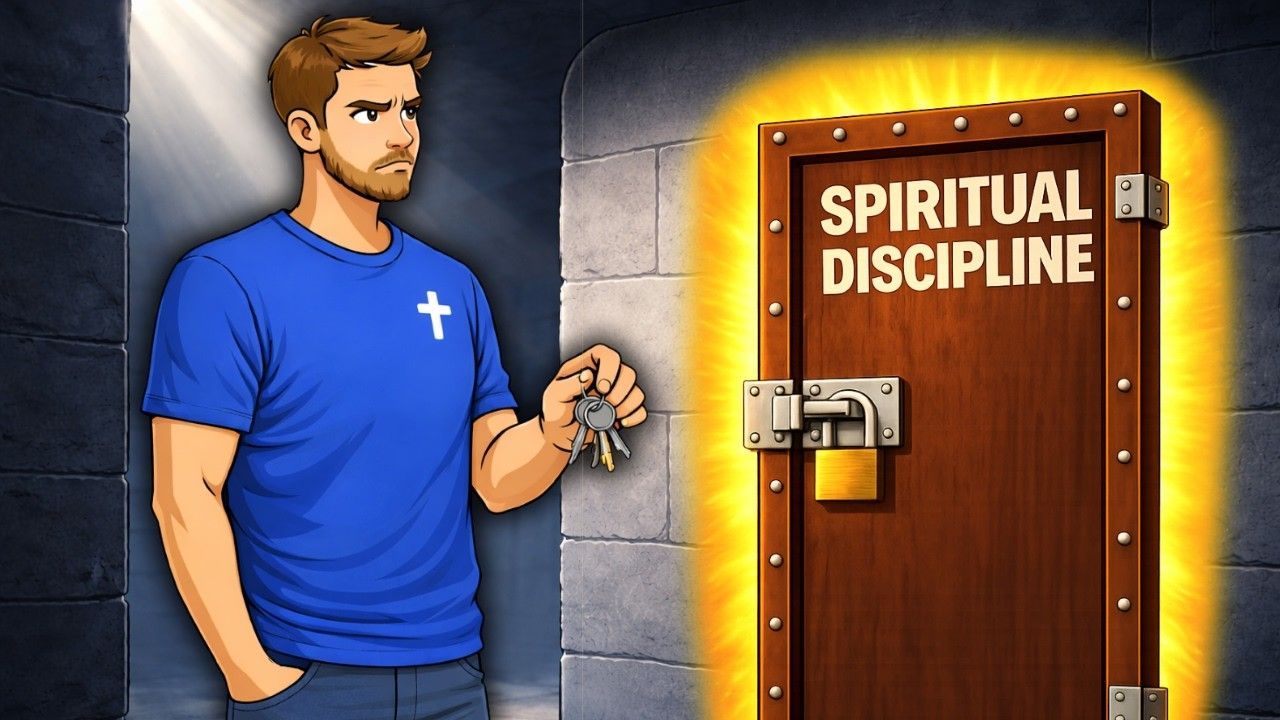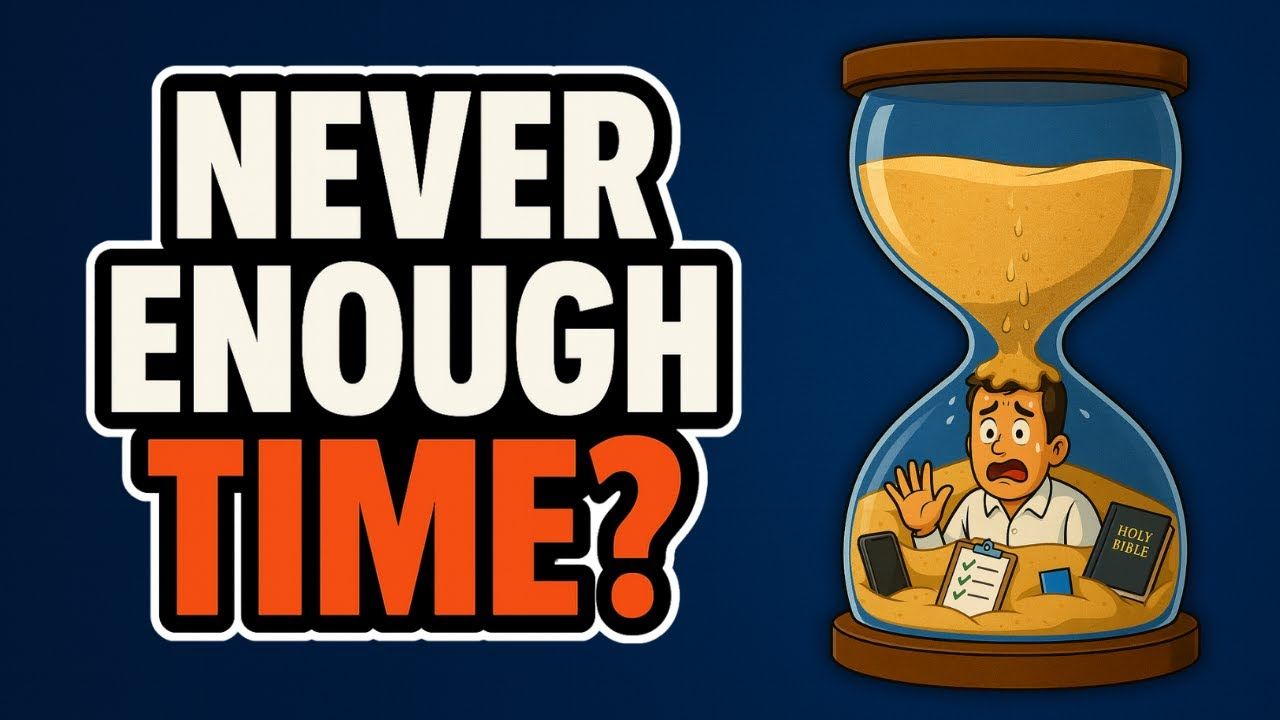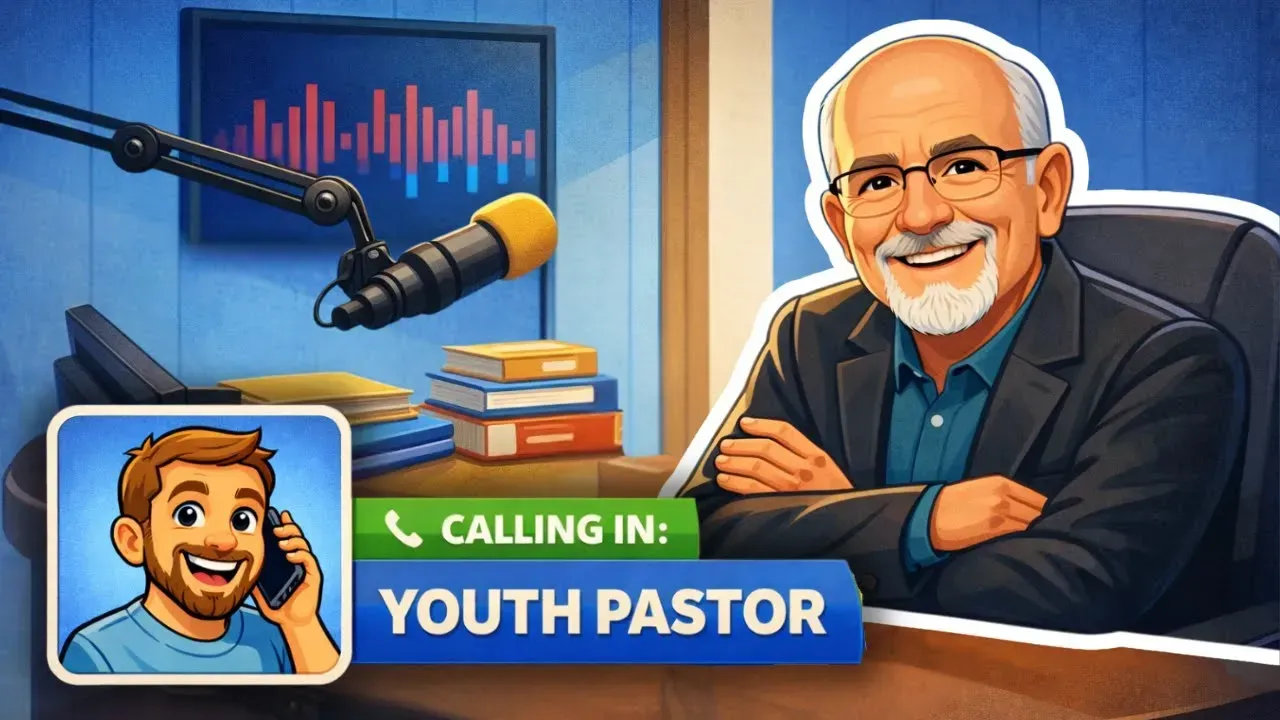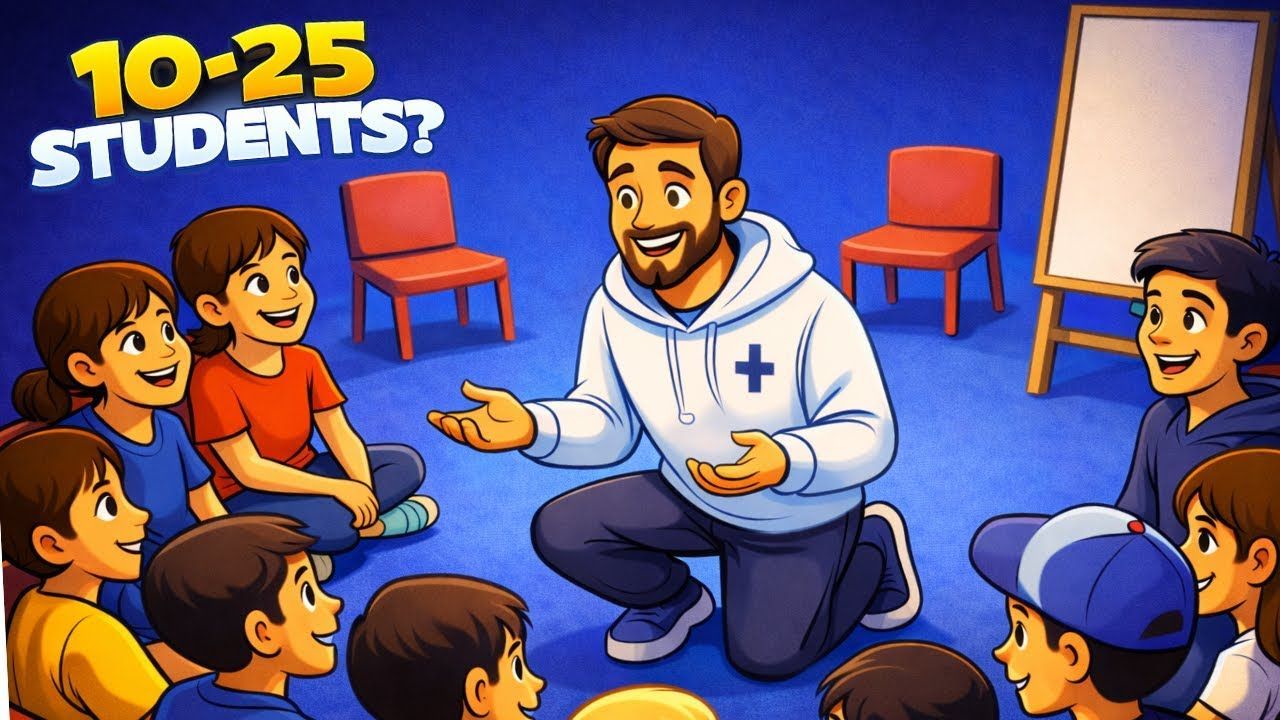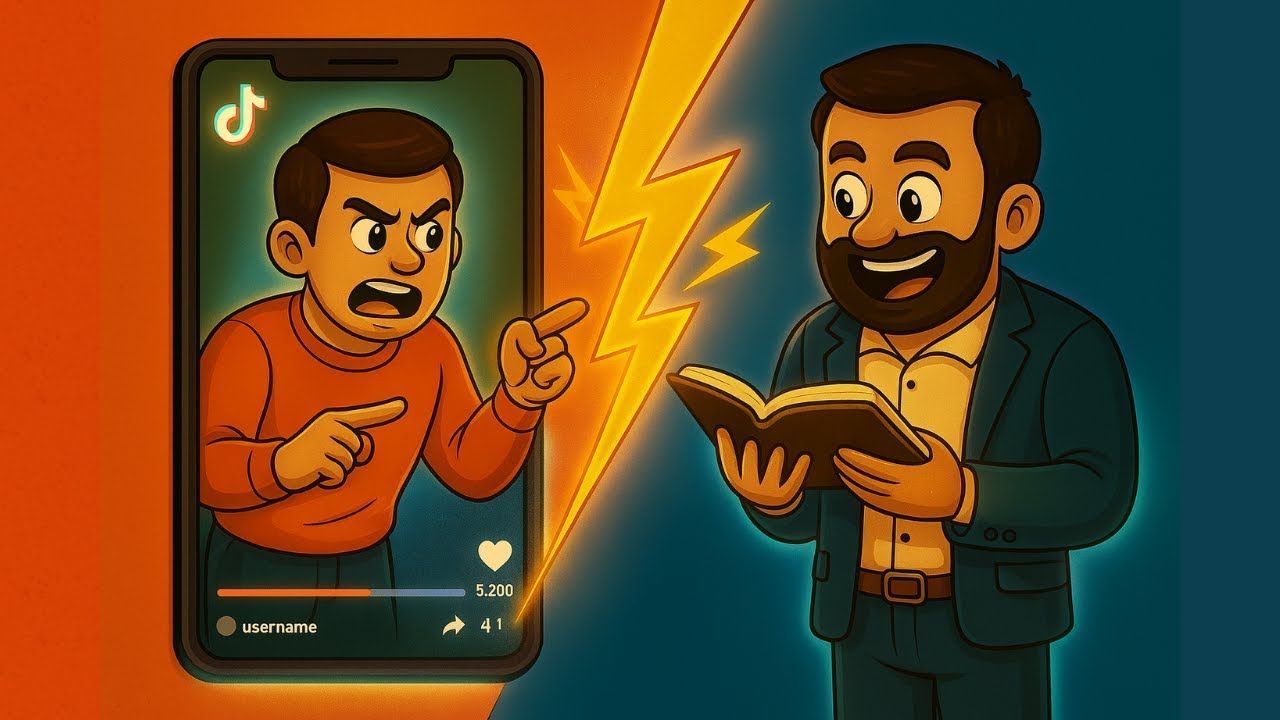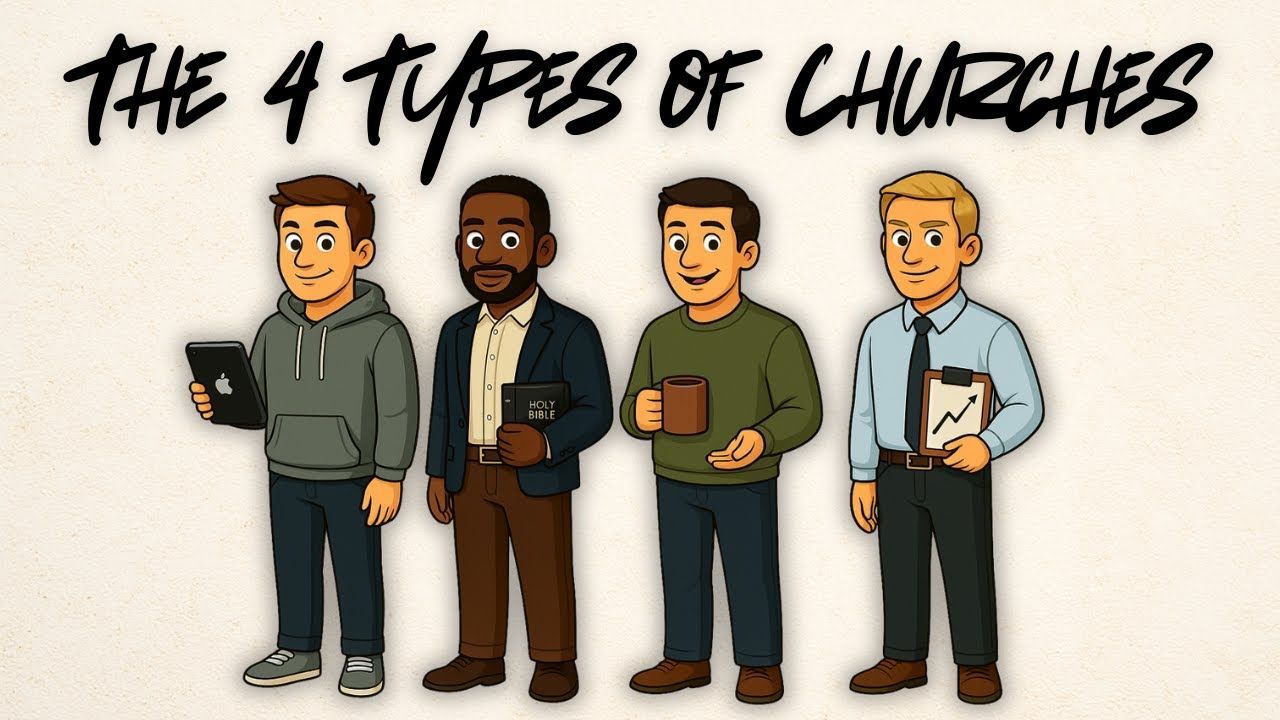Why Students Don’t Pray Out Loud (and How to Fix It)
How to Help Students Pray with Confidence
Check out the podcast here!
You’ve been there—your group is chatting away, full of energy, until you say, “Who wants to pray?” Suddenly, everyone’s fascinated by their shoes. The silence can be deafening.
But maybe the issue isn’t that students don’t want to pray. Maybe they just don’t understand what prayer is—or why it matters.
In this episode, Ryne and Keith unpack how to help students pray with confidence by teaching them the purpose, power, pattern, and practice of prayer.
1. The Purpose of Prayer
For many students, prayer feels like a ritual, not a relationship. They’ve grown up reciting memorized prayers or watching adults pray in formal settings. No one’s ever explained why we pray.
Jesus modeled prayer for His disciples in Matthew 6: “Your kingdom come, Your will be done.” As Warren Wiersbe said, “The purpose of prayer is not to get man’s will done in heaven, but to get God’s will done on earth.”
When students see prayer as aligning with God’s will—not convincing Him to bless their plans—they begin to see its purpose.
Practical idea: Preach a short series on prayer. Walk through the Lord’s Prayer or highlight moments when Jesus prayed alone. Show students that if Jesus relied on prayer, we must, too.
2. The Power of Prayer
Oswald Chambers said, “Prayer does not fit us for the greater work. Prayer is the greater work.” Our students need to see that prayer changes things. Keith shared how answered prayers during mission trips reminded him that God still moves powerfully today—even in the weather!
Practical idea: Have students keep a simple prayer journal. When they look back and see how God answered, their faith grows. Share your own answered-prayer stories often.
Ryne and Keith also teach a simple model called TACOS:
- Thanksgiving – “God, thank You for …”
- Adoration – “God, You are …”
- Confession – silent time for repentance
- Others – “God, please help …”
- Self – “God, I need …”
It’s an easy framework that gives students words when they’re not sure how to begin.
3. The Pattern of Prayer
Many students don’t pray out loud because they don’t know how. They think they have to sound polished or theological. But as John Bunyan wrote, “In prayer it is better to have a heart without words than words without a heart.”
Jesus’ disciples once asked, “Lord, teach us to pray” (Luke 11:1). Even they had to learn.
Practical idea:
Use prayer prompts to guide them. Try “finish-the-sentence” prayers like:
- “God, I praise You because You are …”
- “God, I thank You for …”
- “God, I ask for …”
When you give structure and direction, prayer feels more approachable. Start small—invite one or two students to lead. As their confidence grows, they’ll take initiative on their own.
4. The Practice of Prayer
The more students pray, the less awkward it feels. Prayer should move from being an event to a rhythm.
Romans 12:12 urges believers to “be constant in prayer.” As Keith put it, “If you only pray when you’re in trouble—you’re in trouble.”
Practical idea:
- Build prayer into every gathering.
- Hold occasional prayer nights or prayer walks at schools.
- Text your students or leaders to say, “I prayed for you today.” Simple words go a long way.
Over time, consistency breaks the awkwardness and makes prayer part of normal conversation with God.
Final Thought
The goal isn’t just for students to pray out loud. The goal is for them to pray.
When they grasp the purpose, experience the power, learn the pattern, and live out the practice of prayer, they’ll begin to pray boldly—not because they have to, but because they want to.
If you’d like to use TACOS slides or join the free Youth Ministry Mastermind, you can grab the resources mentioned in the episode and start cultivating a culture of prayer in your ministry today.

